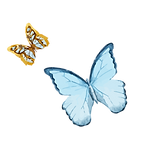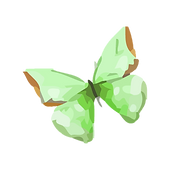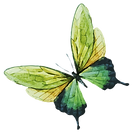Japanese: writing about another language
- Eve

- Jun 28, 2017
- 2 min read
Writing about Japanese from an English perspective while expecting to have an audience that only speaks English can be a challenge. While there are many puns to be made amongst fellow students of Japanese language, the majority of people in the States will not have a clue what you mean. There is a lot of explaining to do if you want to touch on any subjects that relate to Japan. So, in order to avoid talking about it overly much in my other posts, I have put together some of the common things people should know about reading about Japanese, along with some basic knowledge about the language as a whole. I will update this list below over time.
1. Alphabets
Japanese has three alphabets: hiragana, katakana, and kanji. All three are used at the same time, so a sentence will usually include a combination of simpler symbols and complicated characters. While English has complicated spellings for words, Japanese has tricky letter combinations.
Hiragana: phonetic syllables that do not change sound or meaning
Katakana: phonetic syllables with the same sounds as hiragana, but used for foreign words, emphasis, and onomatopoeia
Kanji: Chinese characters that Japan has used for centuries that can change meaning and pronunciation; up to three hiragana can be replaced by one kanji, depending on the word (e.g. the word for "I" is watashi and can be written as わたし or 私, but usually would not be written as ワタシ with katakana because it is not a foreign word)
2. Names
In Japan, the family name comes first. (People there rarely have middle names.) It can be difficult to decide whether you should write someone's name as Yoko Tachibana (Western style) or Tachibana Yoko (Japanese style). I have opted to use the American style simply to avoid confusing American readers, although I think it is more polite to use the Japanese style. While I was in Japan, i was told to go ahead and write my name the way I normally would, rather than put my last name first. I will probably refer to "last names" as "family names" just to clear though.

(Picture found on Google Images.)





























Comments